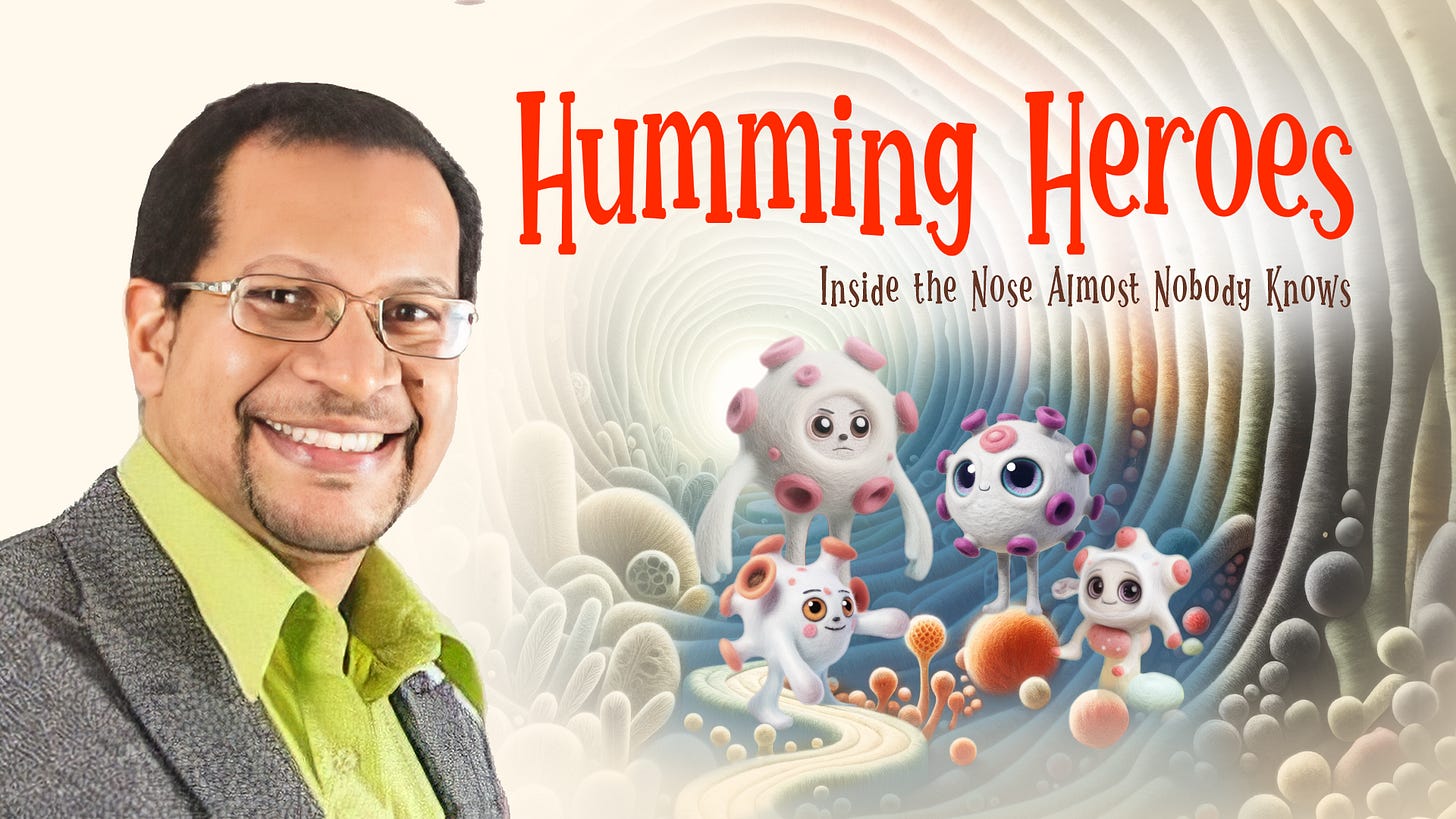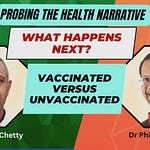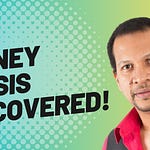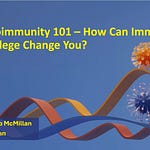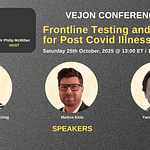When I look back over the past five years, some of the most impactful conversations I’ve had have been with Dr. Shankara Chetty. He stood out early in the pandemic for his clarity of thought and his courage to act when others hesitated. While the world was debating lockdowns, vaccines, and declarations, he quietly implemented a simple but profoundly effective protocol - steroids and antihistamines. (timecodes below)
Recently, I ran a comparison of COVID strategies through AI. This included lockdowns, vaccines, and even the Great Barrington Declaration. But when I added Dr. Chetty’s protocol, the result was stunning: his approach outperformed everything else.
That is no small statement. History may well show that the greatest missed opportunity in the pandemic was not listening to a frontline doctor in rural South Africa. His insistence on recognizing immune dysregulation early, breaking the mast cell and monocyte loop, and acting before the body spun out of control, saved lives. In fact, he has had zero recorded COVID deaths among the patients he directly treated.
In this conversation, we also went deeper. COVID is not over. The virus is still circulating, and reinfections are not harmless. Dr. Chetty shared the story of his own father, who lived to 90 but tragically died of a pulmonary embolus after one such infection. He reminded us that each of us has “weak points” in our physiology—the places where mast cell activation and immune dysregulation will strike hardest. For him, it was clotting. For others, it may be the brain, the lungs, or the gut.
The lesson is clear: we must learn to recognize our individual patterns and not dismiss unusual symptoms after viral infections. Fatigue, neuropathy, vertigo, rashes, joint pain—these are not trivial. They may be the early signs of immune misfiring, and catching them early can make the difference between recovery and long-term disability.
See the AI discussion here:
COVID has changed the terrain of medicine. Many clinicians are still reluctant to acknowledge long COVID or post-viral immune syndromes. But the reality is undeniable—patients are suffering, and old frameworks no longer fit. If medicine refuses to adapt, patients will seek answers elsewhere, and with the rise of AI and global telemedicine, borders will not hold back this shift.
As for me, I believe we are still in the calm before the storm. Omicron has lulled many into complacency, but history tells us that after the eye of the hurricane passes, the winds return stronger than ever. The only way to prepare is through vigilance, awareness, and openness to the lessons of those who saw what others could not.
Dr. Chetty’s work is one of those lessons. And if the world had listened earlier, the outcome of the pandemic might have been very different.
Timecodes
0:00 – Opening & introduction to Dr. Chetty
2:10 – How AI ranked the Chetty protocol above all others
5:05 – Zero COVID deaths: what the data shows
8:55 – Are we distracted by politics while the virus keeps circulating?
12:20 – Recognizing fatigue and unusual post-viral symptoms
17:40 – Dr. Chetty’s first ICU event: seizures and clotting crisis
20:55 – Second reinfection: double vision, D-dimer spike, and ICU again
23:45 – Why mast cell activation is central to COVID illness
26:20 – The case of Dr. Chetty’s father and fatal pulmonary embolus
33:40 – Antihistamines, steroids, and real-world recovery stories
44:30 – Why ivermectin alone was never enough
50:15 – How AI and telemedicine will reshape global healthcare
57:45 – Final reflections: the calm before the storm
Vejon COVID-19 Review is a reader-supported publication. To receive new posts and support my work, consider becoming a free or paid subscriber.


